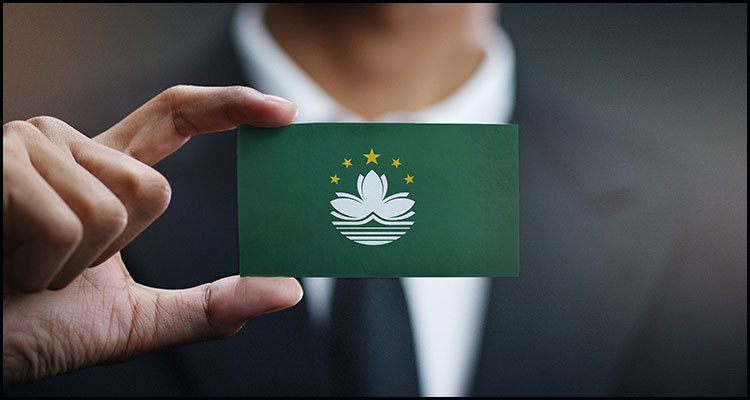In Macau and the latest government-backed visitor expenditure survey has reportedly shown that aggregated tourist spend on non-gaming activities during the second quarter dropped by some 4.8% year-on-year to stand at just over $1.94 billion.
According to a Wednesday report from GGRAsia citing official information from the city’s Statistics and Census Service, the most recent decline followed the comparable 0.3% decrease seen for the first three months of 2019 and came despite Macau recording a 20% year-on-year swell in second-quarter visitor numbers to 9.93 million. To further confuse matters, the former Portuguese enclave purportedly chalked up 20.6% more tourists during the six months to the end of June at approximately 20.28 million with almost 70.6% of these having come from mainland China.
Individual indicators:
The investigation reportedly also showed that Chinese nationals had been the most beneficial visitors to Macau over the course of the second quarter although their per-capita outlay of about $222 represented a fall of 24.1% year-on-year. This purportedly compared with their fellow tourists from Singapore who had averaged 5.8% more at $223 while the $204 standard from South Koreans had embodied a rise of 16.7%.
Retail therapy:
GGRAsia moreover reported that the official figures showed  that shopping had accounted for 44.8% of all second-quarter non-gaming spend in Macau followed by accommodation and food and drink at 26.3% and 20.8% respectively. In terms of how long visitors were staying, the inquiry purportedly furthermore indicated that the average had shortened by 0.1 days to stand at 1.1 days with the mean tourist per-capita outlay coming in at just over $196.
that shopping had accounted for 44.8% of all second-quarter non-gaming spend in Macau followed by accommodation and food and drink at 26.3% and 20.8% respectively. In terms of how long visitors were staying, the inquiry purportedly furthermore indicated that the average had shortened by 0.1 days to stand at 1.1 days with the mean tourist per-capita outlay coming in at just over $196.
Overnight benefits:
The examination from the Statistics and Census Service additionally reportedly established that overnight visitors had spent almost four times as much on non-gaming activities as their same-day counterparts although their quarterly tally of about $1.52 billion had represented an 8.1% year-on-year diminution. These committed tourists also had a per-capita spend that was three times better than their more fickle equivalents at around $320 with their average length of their stay coming in at 2.2 days.



